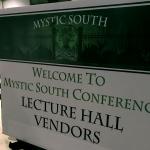The Denton Unitarian Universalist Fellowship
July 28, 2019
Where are you from?
I live in McKinney, I work in Richardson, and my spiritual home is in Denton. When I travel around the country I tell people I’m from Dallas. In Europe I just say I’m from Texas – everybody knows Texas. When a British train conductor asked if I was Canadian, I said “I’m American.”
Where are you from?
I came to Texas from Atlanta and before that I lived in Indiana. I moved there from Chattanooga, which is where I was born and grew up.
Where are you from?
My father’s family traces our ancestry through James Beckett, who immigrated to this country from what is now Northern Ireland around 1800. My cousins who study genealogy say his ancestors came from Scotland. Beyond that I go back to the migrations of Normans, Saxons, Celts and Picts. Go back 70,000 years or so and I have ancestors who first walked out of Africa.
Where are you from?
We’re all from somewhere. The history of humanity is the history of migration. It’s the story of immigrants and refugees. It’s the story of invaders and colonists. It’s the story of people forced off the land, and people brought forcibly to the land.
But most times when we ask this question, what we’re really asking is “where do you belong?” and “where is home?”
Hopefully your answer is “This is home – I belong here.”
If the answer is “I don’t belong here” then either we need to go where we do belong, or we figure how we can come to belong where we are.
How does where we are become home?
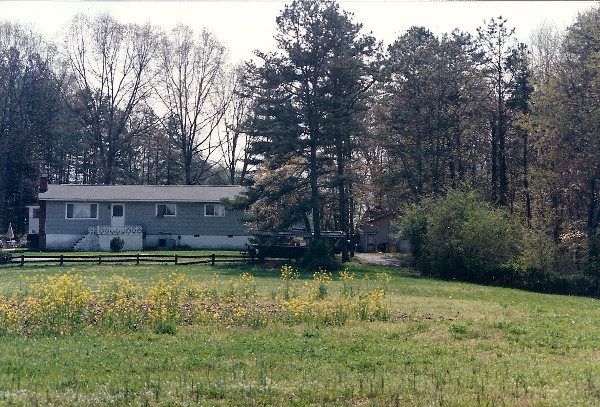
I was born in Tennessee. Grew up there, went to school there, got married there, built a house there.
I grew up wandering through the hills and trees, admiring the rivers and lakes, exploring the mountains and caves. Though the winters are mild there are four seasons, and the burst of green in the spring and the brilliant colors in the fall are amazing. This is where I developed my love of Nature and this is where I still feel Nature’s pull the strongest. Most of my family and many of my friends still live there – their pull is strong as well. Southeast Tennessee – Chattanooga – is home. It’s where I belong.
And then at the age of 32 my job went away and I moved to northern Indiana. It was flat, it was cold, and I didn’t know anybody except my wife and the people I worked with. Let’s just say that wasn’t home.
Two years later I moved to Georgia – that felt like home. The land is very similar – the dirt is just a lot redder.
I’ve been able to travel a good bit over the past 20 years. I feel at home in the hills of Pennsylvania, though if I had to live there through a winter I might feel differently. I felt at home when I visited Wales, but not in London – it’s too urban – or in Galway, on the west coast of Ireland. Galway is lovely, but the ocean will always be a foreign place to me.
A few years ago I realized that even though I had been in Texas for a long time, Texas never felt like home. But I also realized that I belong in Texas.
Like so many immigrants, I came here for a job. That job is still going and while nothing is certain in today’s economy, the long-term outlook is good. My house is here, my church is here, my CUUPS group is here and I have many friends here. This is where my spiritual practice went from seeker to Druid and priest, where I started writing, and where I’ve made connections with like-minded folks around the world. And this is home for my wife Cathy. She was born in Dallas and much of her family is in the area.
I belong here and I plan on staying here. So like my ancestors who left where they were from to build a new life somewhere else, it was long past time for me to make Texas home.
This is what I’ve done. Maybe you can do the same, maybe you’ll need to do something else. But if you don’t belong where you are, if you aren’t connected to the land where you are, now is the time to start.
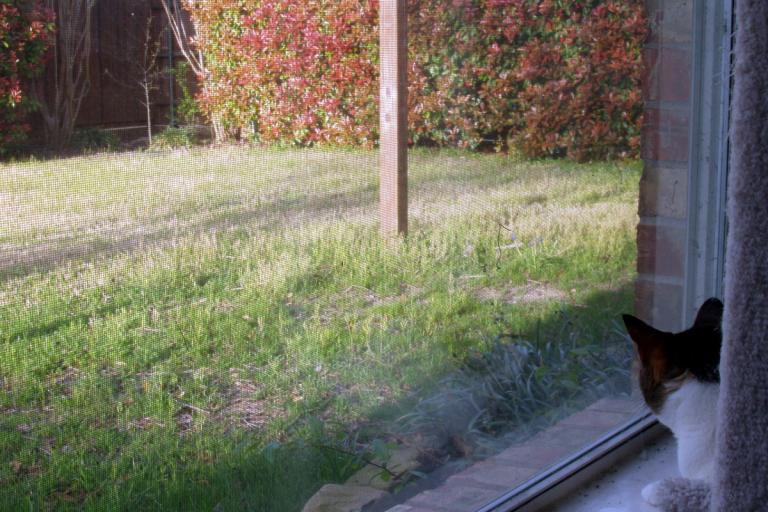
Human migration
I’m not the first person to move for opportunity – that’s the story of Texas.
Some of the early immigrants to this land moved from sheer desperation and some moved from ordinary greed. Some dealt honorably with the people who were already here and many didn’t. Some were received with compassion and many weren’t – and aren’t, to this very day.
The Caddo, the Comanche, and the Apache were here first. Sometimes one tribe moved out and another moved in, other times one tribe forced the others out. Then the Spanish took the land from the Caddo, the Mexicans took it from the Spanish, and the Americans took it from the Mexicans.
From an ethical side, we have concerns about how we came to hold this land and the way our not-very-distant ancestors treated the people who were here first. And yet we recognize we need a connection to the land.
How do we make that connection authentically? It’s hard.
First, we can acknowledge the harm our ancestors did to the First Nations of this land, and that the legacy of their actions continues to harm Native Americans to this day.
This isn’t about guilt. It’s about accepting reality. This can move us to a greater respect for the First Nations and their cultures, and lead us to do a better job of supporting their concerns.
It’s important to acknowledge the unpleasant truth. The truth is the truth. The truth keeps you humble and reminds you it’s not all about you, or your preferred way of seeing the world.
But then you have to do something about it. Then you have to make a choice. Either those of us of European descent start trying to find a European country that will take us – and none of them will take me, I’m too old. Or, we accept that we’re here, and we’re going remain here.
Regardless of how our ancestors got here, it’s time to accept that we are here, we’ve been here, and we’re going to be here a good while longer. I encourage you to support Native American tribes, to learn about their history and cultures – respectfully, not appropriatively – and mainly, to listen to their concerns and respond in ways they tell you will be helpful.
But unless you’re leaving this continent next week, it’s time to start making connections to the land where you are.
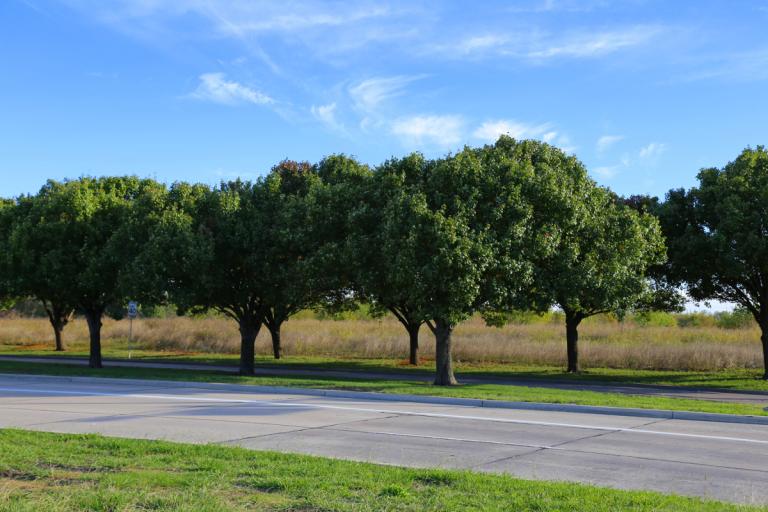
You belong to the land
So how do you do that? Let’s begin in the beginning.
Christian mythology says we were placed on the land. Science teaches that we grew out of the land. Life began in the oceans, then 500 million years ago or so, life moved onto the land. We are creatures of the Earth, creatures of the land. When we say the Earth is our mother we are telling a true story. We belong to the land.
But then we were separated from the land.
Our human species is perhaps 200,000 years old. For 95% of that time we lived on the land, close to the land. We’ve lived in cities for about 10,000 years, or at least some of us have. We’ve lived in an industrial society for 300 years – that’s 0.15% of our collective existence as homo sapiens sapiens.
Hunter-gatherers and farmers instinctively understood our connection to the land, but in the Industrial Age we’ve been severed from the land. The Pagan revival began in large part as a reaction to this separation, and most contemporary Pagans understand the need to form and maintain strong connections with the land and the spirits of the land.
And that begins with being honest about what we take from the land.
Use the land – practice reciprocity
We must use the land to live.
I looked for a softer word than “use” but I couldn’t find one. We have a strong utilitarian need for the land.
If we attempt to treat the land like it’s a museum of fine art, we will die. We have to eat other living things or we will die, whether we eat plants or animals or both. We have to leave our waste on the land, or bury it in the land – and so does every other living creature. We have to use the things that grow on the land to make clothing and shelter. We have to occupy space on the land, and when we do, we crowd other creatures off the land.
There is no such thing as zero impact.
We are utterly dependent on the land. Some say that means we should subdue Nature, that we should have “dominion” over the land. That approach has brought pollution, extinction, and now climate change.
A more sustainable approach is to treat the land with honor and respect, for without the land we could not be.
Every other creature on the Earth also uses the land. Every other species modifies the land for their own use, some intentionally and some instinctually. None of those modifications happen in a vacuum, and that’s OK – Nature is a living thing, not some pristine artefact.
But when wolves are removed from an ecosystem, the rabbits don’t understand that eating all the greenery impacts other species. All they know is that there are no wolves to eat them, so they can eat, drink, and make more rabbits to their hearts’ content. They don’t understand their food supply is limited… until they begin to starve to death.
We’re smarter than rabbits. Well, most of us – I’m not sure about politicians. We can see the impact of overpopulation, overconsumption, and over-modification of our environment, and so we have both the ability and the responsibility to moderate our activities for the good of all the inspirited persons on the Earth, both human and non-human.
It’s a Hollywood movie line, but it’s still true: with great power comes great responsibility.
We have to use the land. Let’s use it wisely.
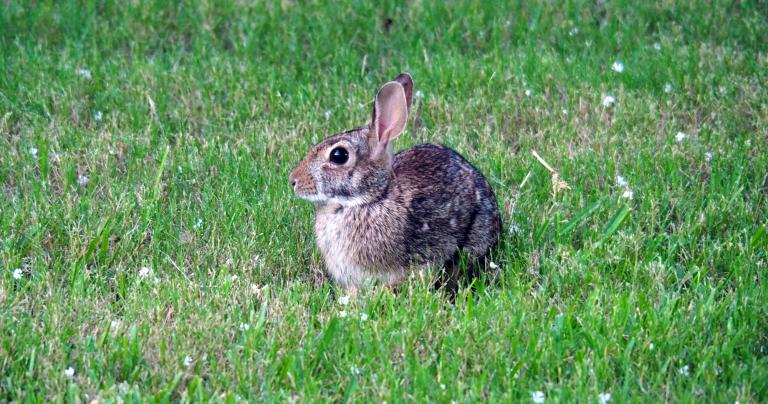
The land is alive
Let’s also recognize that the land is alive.
Go outside and look around. Walk barefoot on the grass, dig in the dirt, hug a tree. The land is alive! Plants grow and spread – their roots can break concrete. Trees communicate with each other.
Scratch the soil and you’ll find insects – use a microscope and you’ll see all kinds of bacteria and other living things too small to see with your eyes. Even the ground itself moves. We’re all familiar with plate tectonics, but here in North Texas the soil moves so much it can damage home foundations.
And because the land is alive, we can relate to the land as a person.
We do not relate to our cats and dogs the same way we relate to other humans, but we do relate to them. Likewise, the way we relate to the land is different still, but we can relate to the land, because it’s alive.


